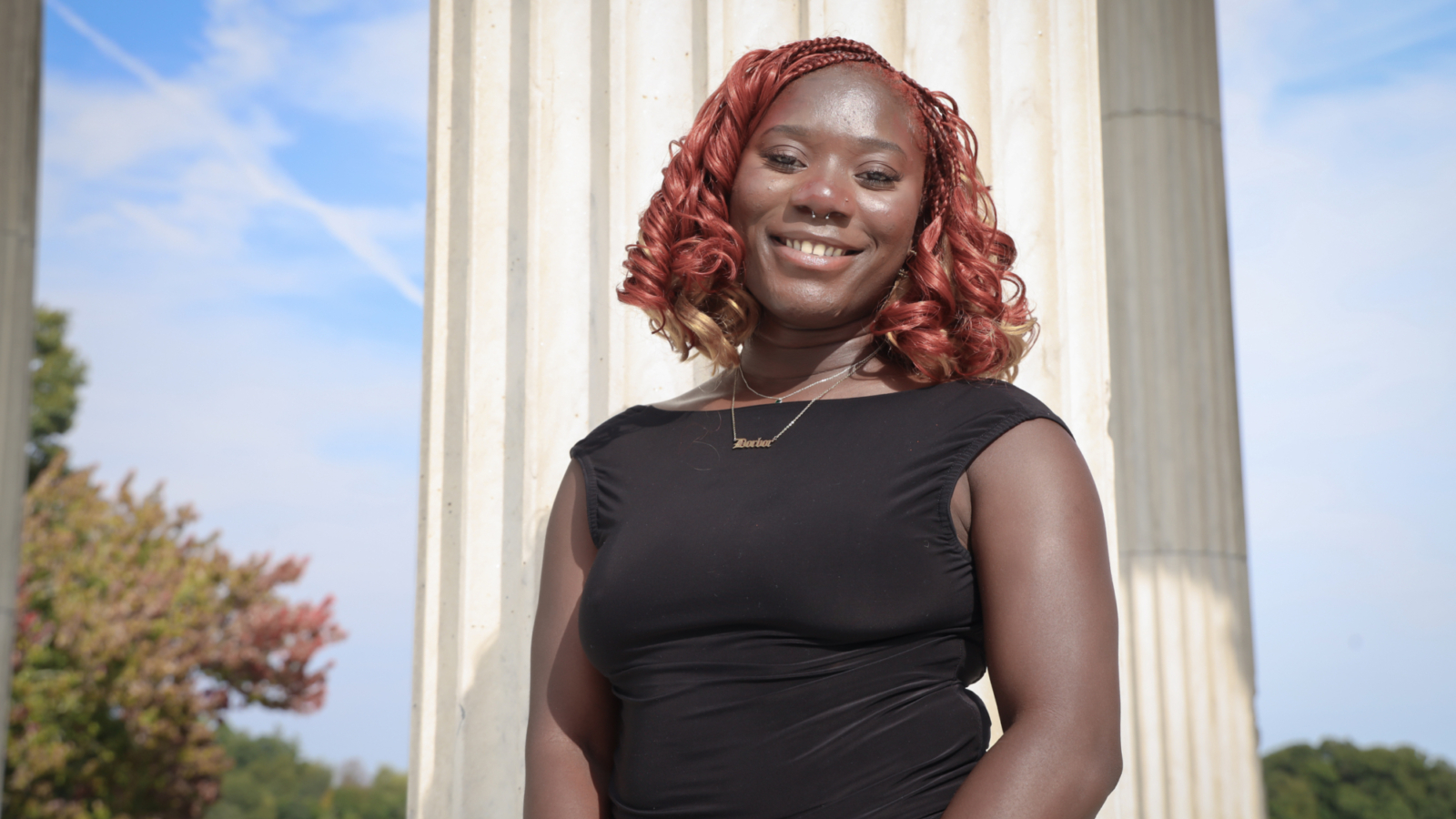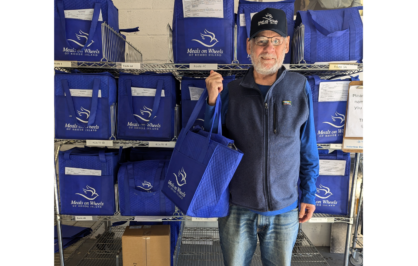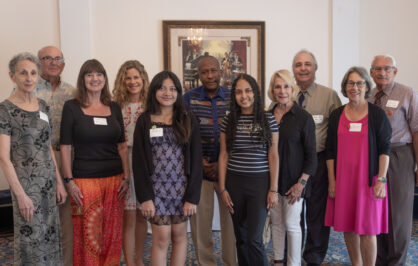
Ayudas y becas
Transformative support that builds a stronger community
It’s been seven years since Dorbor Tarley received nearly $40,000 from the Rhode Island Foundation to attend Syracuse University and the Johns Hopkins Bloomberg School of Public Health.
The then Classical High School senior, one of seven to earn a Roger Williams Scholarship that year, also received a Black Philanthropy Bannister Fund Scholarship from the Foundation.
Transformative support that builds a stronger community has been an integral part of the Foundation’s work, and, because of the generosity of its donors, scholarships to talented youth are awarded each year.
“It helped in all aspects,” Tarley said, describing the beneficial impact of the scholarships for her, a first-generation college student. Syracuse’s financial aid package only covered the cost of attendance, so the scholarships from the Foundation assisted with housing, meals, and other necessities.
“I went through four years without having to work [to pay for those essentials] compared to my peers. I instead was able to do research work, including literacy work with children and [the positive impact of community-oriented health centers], and had the flexibility to follow my passions.”
“I went through four years without having to work [to pay for those essentials] compared to my peers,” she continued. “I instead was able to do research work, including literacy work with children and [the positive impact of community-oriented health centers], and had the flexibility to follow my passions.”
A native Liberian, Tarley further concentrated her efforts on the inequities in maternal health care, so she could help improve outcomes for Black women. She came to Rhode Island at age four with her family who fled the war in their home country. She helped her parents navigate the health care system and interpreted for them at doctor visits. As one of seven siblings, Tarley’s mother often talked about her birth journey and the children she lost in Liberia due to that country’s poor maternal health care – inspiring Tarley’s research.
“Implicit biases can lead to Black women not being believed or respected,” said Tarley in a 2022 Syracuse University article. “And in health care settings, this manifests in delays in treatment, refusal of services, and an overall lack of consideration for Black women’s bodily autonomy.”
Tarley has since earned her Master of Public Health degree from Johns Hopkins, specializing in maternal, fetal, and perinatal health. Scholarship money from the Foundation helped then too – especially with the costs of moving between schools. She emphasized how grateful she is for the support which enabled her to fully focus on her mission to create better, more equitable delivery of care from physician to patient.
The next stop on Tarley’s journey includes research and communications to further maternal health and reproductive justice, and she is currently seeking a position in the District of Columbia, Maryland, or Virginia areas.



